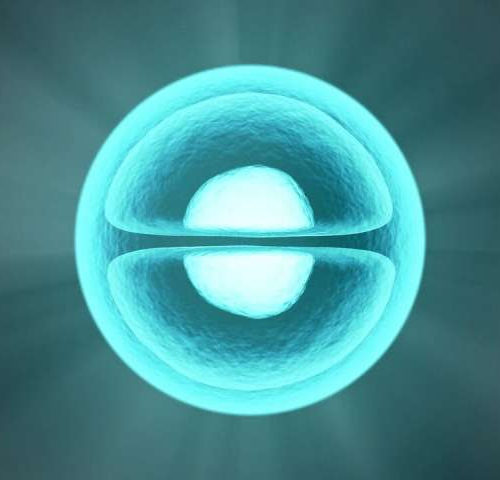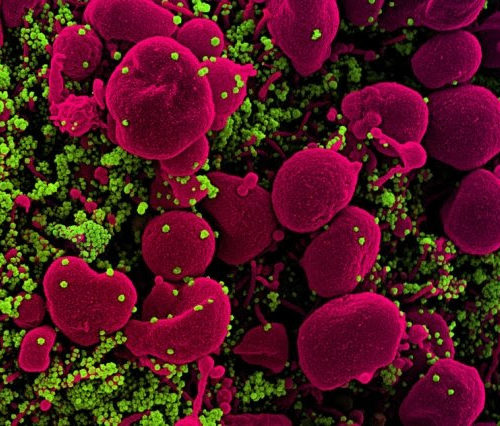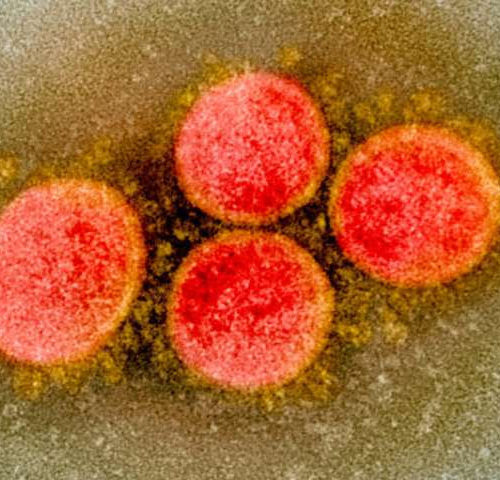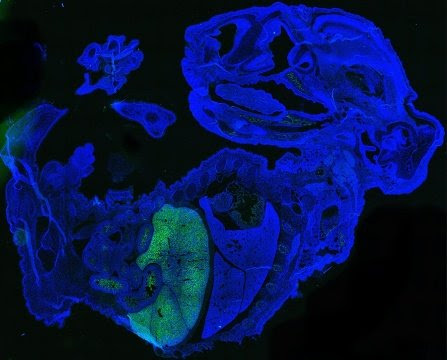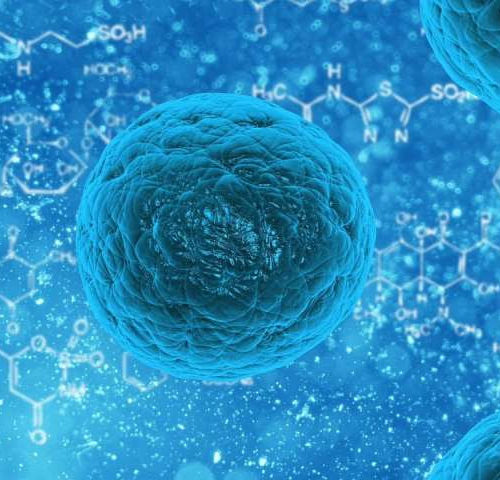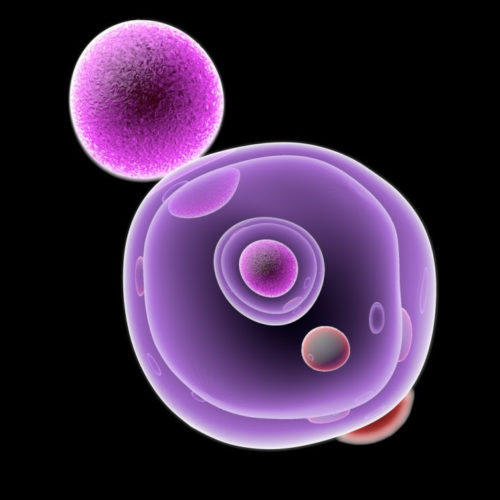by The Francis Crick Institute Credit: CC0 Public Domain Researchers at the Francis Crick Institute and University College London have rebuilt a human thymus, an essential organ in the immune system, using human stem cells and a bioengineered scaffold. Their work is an important step towards being able to build artificial thymi which could be used as...
Tag: <span>Human cells</span>
Swine coronavirus replicates in human cells
UNIVERSITY OF NORTH CAROLINA AT CHAPEL HILL New research from the University of North Carolina at Chapel Hill suggests that a strain of coronavirus that has recently alarmed the swine industry may have the potential to spread to humans as well. The coronavirus strain, known as swine acute diarrhea syndrome coronavirus (SADS-CoV), emerged from bats and has...
Reducing the adverse impact of water loss in cells
Report: How a protein protects cells from death UNIVERSITY OF HOUSTON RAJ KUMAR, CLINICAL PROFESSOR OF BIOCHEMISTRY, UNIVERSITY OF HOUSTON COLLEGE OF MEDICINE, FOUND A MECHANISM FOR HOW THE PROTEIN, CALLED NUCLEAR FACTOR OF ACTIVATED T CELLS 5 (NFAT 5), WORKS… view more CREDIT: UNIVERSITY OF HOUSTON A University of Houston College of Medicine researcher...
Medieval medicine remedy could provide new treatment for modern day infections
UNIVERSITY OF WARWICK THE BALDS EYESALVE MIXTURE IN THE LAB.view more CREDIT: UNIVERSITY OF WARWICK Antibiotic resistance is an increasing battle for scientists to overcome, as more antimicrobials are urgently needed to treat biofilm-associated infections. However scientists from the School of Life Sciences at the University of Warwick say research into natural antimicrobials could provide...
GENES MAY EXPLAIN WHY SOME PEOPLE LOVE TO HUG
Genetics play a significant role in how affectionate women are, but the same can’t be said for men, according to a new study of twins. Researchers examined differences in the level of affection people express in an effort to determine how much affectionate behavior is influenced by genetics versus a person’s environment. MEN’S VARIATION IN...
Experimental peptide targets Covid-19
Computational modeling yields a protein fragment that could bind to coronavirus spike proteins and destroy them. The research described in this article has been published on a preprint server but has not yet been peer-reviewed by scientific or medical experts. Using computational models of protein interactions, researchers at the MIT Media Lab and Center for...
COVID-19 cytokine storm: Possible mechanism for the deadly respiratory syndrome
by Hokkaido University Research into how the SARS-CoV-2 virus induces death is suggesting potential treatments for its most destructive complications. Leading immunologists in Japan are proposing a possible molecular mechanism that causes massive release of proinflammatory cytokines, or a cytokine storm, leading to the acute respiratory distress syndrome (ARDS) in COVID-19 patients. Their suggestions, published...
Scientists generate millions of naïve human pluripotent stem cells, far more than have ever been produced
For decades, the enormous disease-curing potential of human stem cells has been thwarted by the inability to produce sufficient quantities of mature human cells in vivo — in a living organism. Now, a team led by University at Buffalo scientists has developed a method that dramatically ramps up the production of mature human cells in...
Old human cells rejuvenated with stem cell technology, research finds
by Stanford University Medical Center Old human cells return to a more youthful and vigorous state after being induced to briefly express a panel of proteins involved in embryonic development, according to a new study by researchers at the Stanford University School of Medicine. The researchers also found that elderly mice regained youthful strength after...
Stem cell technique winds back aging in human cells
By Michael Irving Stanford scientists may have found a way to essentially return older cells to a more youthful state. The adult cells are treated with a mix of proteins from early embryonic development, which removes many of the molecular signs of aging. The cells closely resembled younger ones, and in mouse tests, older animals...

